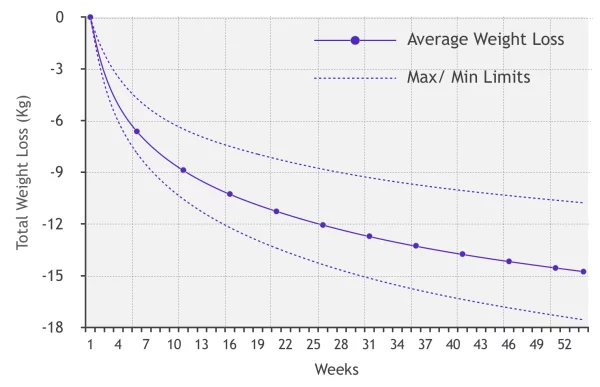The keto diet, or ketogenic diet, has gained significant attention in the health community due to its rapid weight loss effects. Built on the principle of increasing fat intake, limiting carbohydrates, and maintaining moderate protein, keto forces the body to shift from using glucose to burning fat for energy. However, behind its prominent benefits, this diet also carries several concerning risks.

The first benefit of the keto diet is its ability to promote rapid weight loss. A study published by Harvard University (USA, 2019) in the American Journal of Clinical Nutrition found that people who followed keto for 6 months lost an average of 10% of their body weight, higher than other typical diets. This is mainly due to the ketosis state, where the body converts fat into energy, thereby reducing fat accumulation.
In addition to weight loss, the keto diet also improves certain health issues, particularly metabolic disorders. A report from the Mayo Clinic Research Institute (USA, 2020) indicates that the keto diet can help reduce blood sugar levels, especially effective for type 2 diabetes patients. “Adjusting carbohydrate intake can significantly reduce the risk of stroke and diabetes complications,” the report emphasized.

However, the keto diet is not without risks. A sudden reduction in carbohydrates can lead to a phenomenon known as “keto flu,” which includes headaches, fatigue, and nausea. The American Heart Association (AHA) also warned in 2021 that the high saturated fat content in this diet could increase the risk of heart disease if unhealthy fats are not selected.
Moreover, the keto diet is not suitable for everyone. An analysis from the British Medical Journal (BMJ) (2022) showed that excessive carbohydrate reduction could negatively impact the digestive system, leading to constipation or deficiencies in micronutrients such as vitamin B and magnesium. “Those with liver or kidney dysfunction should be cautious when adopting this diet,” the analysis emphasized.
“Success in the keto diet comes not only from adherence but also from balancing nutrition, choosing healthy fats, and listening to your body,” according to Dr. Sarah Hallberg, a researcher from Indiana University, USA (2020).
Additionally, another issue to consider is sustainability. A study from Stanford University (USA, 2021) found that over 40% of participants could not maintain the keto diet for more than 3 months due to the restrictions in food choices and prolonged fatigue. This raises questions about the long-term effectiveness and the possibility of weight regain after stopping the diet.

While the keto diet holds great potential, its implementation should be carefully considered and customized for each individual. This choice should be accompanied by guidance from a nutrition expert to ensure safety and effectiveness during the process.


HPX24h > Healthy Eating > The Benefits and Risks of the Keto Diet: Is It Really Good for Your Health?
Tagged Articles
Vegan Keto Diet: Everything You Need To Know
Top Reads from This Category
Healthy Eating
Why Is Nutrition Research So Complex?
Healthy Eating
Gallbladder Protection Through Diet: Expert Guide and Practical Tips
Healthy Eating
The Comprehensive Guide to the 16:8 Intermittent Fasting Diet
Healthy Eating
Vegan Keto Diet: Everything You Need To Know
Healthy Eating
What Is Nutrition? Why Is It Important For Health?
Healthy Eating
Types of Fats: Can Fats Be Good for You?
Healthy Eating
Essential Nutrition: The Golden Key to Comprehensive Health
Discover New Topics
Space
The Youngest Recorded Supernova: Unveiling the Mystery of a Star’s Death
Space
Exploring Saturn’s Moon Phoebe: Planet-Like Features and Characteristics
Fitness
Secrets to Building Muscle with Exercise: From Technique to Habit Maintenance
Animals
Rats Help Each Other: When Compassion Emerges from Small Creatures
Healthy Eating
Moderate Coffee Consumption Helps Reduce the Risk of Diabetes and Cardiovascular Diseases
Healthy Eating
Why Do We Crave Sweets? A Scientific Perspective on Food Cravings
Animals
Explaining How Mosquitoes Can Fly Through a Rainstorm
Fitness
Effective And Safe Methods To Strengthen Your Knees: Proven Tips For Optimal Performance
Fitness
Active Recovery: The Key to Reducing Soreness and Boosting Workout Performance
Parenting Tips
The Way to Help Preschoolers Understand How Babies Are Made
Parenting Tips
Discover How Japan’s Education System Creates Self-Disciplined, Responsible Students Without the Need for Pressure
Parenting Tips
How to Talk to Children About Alcohol (Ages 6-8)
Science
Implanting an NFC Chip into the Hand – When Technology and Humans Merge